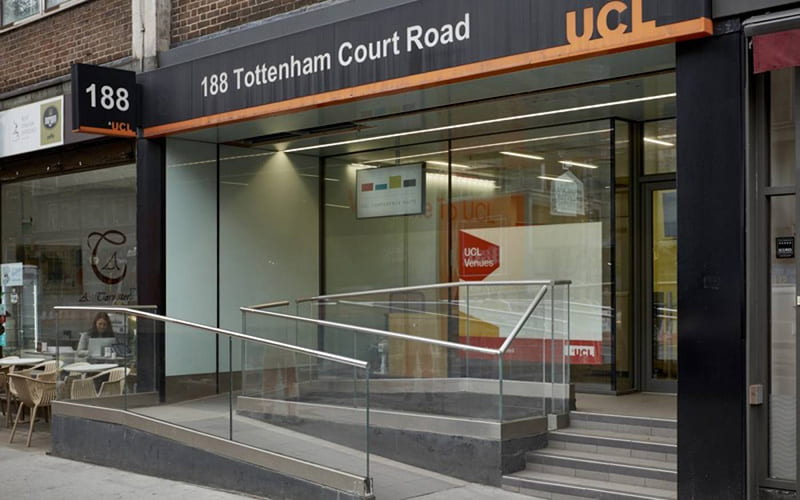Doing science advice well can enhance the soft power of a nation or city
By arthurpetersen, on 19 March 2021
The topic of ‘science advice’ – broadly defined here as practices involving individuals, organisations and structures that mobilise natural and social scientific and engineering knowledge into public decision-making – has been studied from many different angles in UCL STEaPP. Over the past seven years, UCL STEaPP has led two high-impact workshops and several research projects dedicated to charting the phenomenon, studying the activities, actors and institutions involved.
A whole array of findings have been arrived at and summarised in this period, and I have dedicated an earlier blog nearly four years ago to what we can learn from our and others’ research for the capacities for dealing with complex and uncertain evidence. More recently, I addressed the interconnections between science, technology and ‘soft power’ – with the latter term referring to the ability to shape the preferences of others not through use of force or payments but by subtler means, which are often hard to pin down – giving the examples of how investments in water and space engineering are contributing to soft power for the Netherlands the United Arab Emirates, respectively.
In this blog, a few of the results that have been obtained are briefly reviewed, mainly with an eye to a new research angle that is of increasing interest to me and others in the department: How can doing science advice well, in a way that benefits societies, contribute to the soft power of a nation or city?
 Close
Close


